A Passion for Community Drives Broadband Forward in Holland, Michigan
Monday, August 7, 2023
Digital Beat
A Passion for Community Drives Broadband Forward in Holland, Michigan
As more communities devise their own broadband solutions, leveraging the upcoming funding from the Infrastructure Investment and Jobs Act, what makes for successful efforts that are responsive to community needs? This is the second of six case studies that seek to understand the stories of broadband community champions and the factors that contributed to their success. A final analysis will identify the characteristics of effective broadband leaders, and develop a taxonomy of those working to improve broadband access in their communities in official and unofficial capacities. This research is supported by the Marjorie & Charles Benton Opportunity Fund.
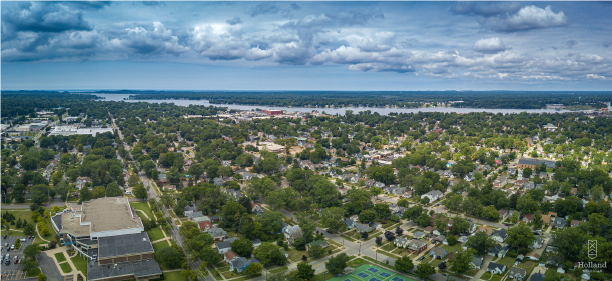
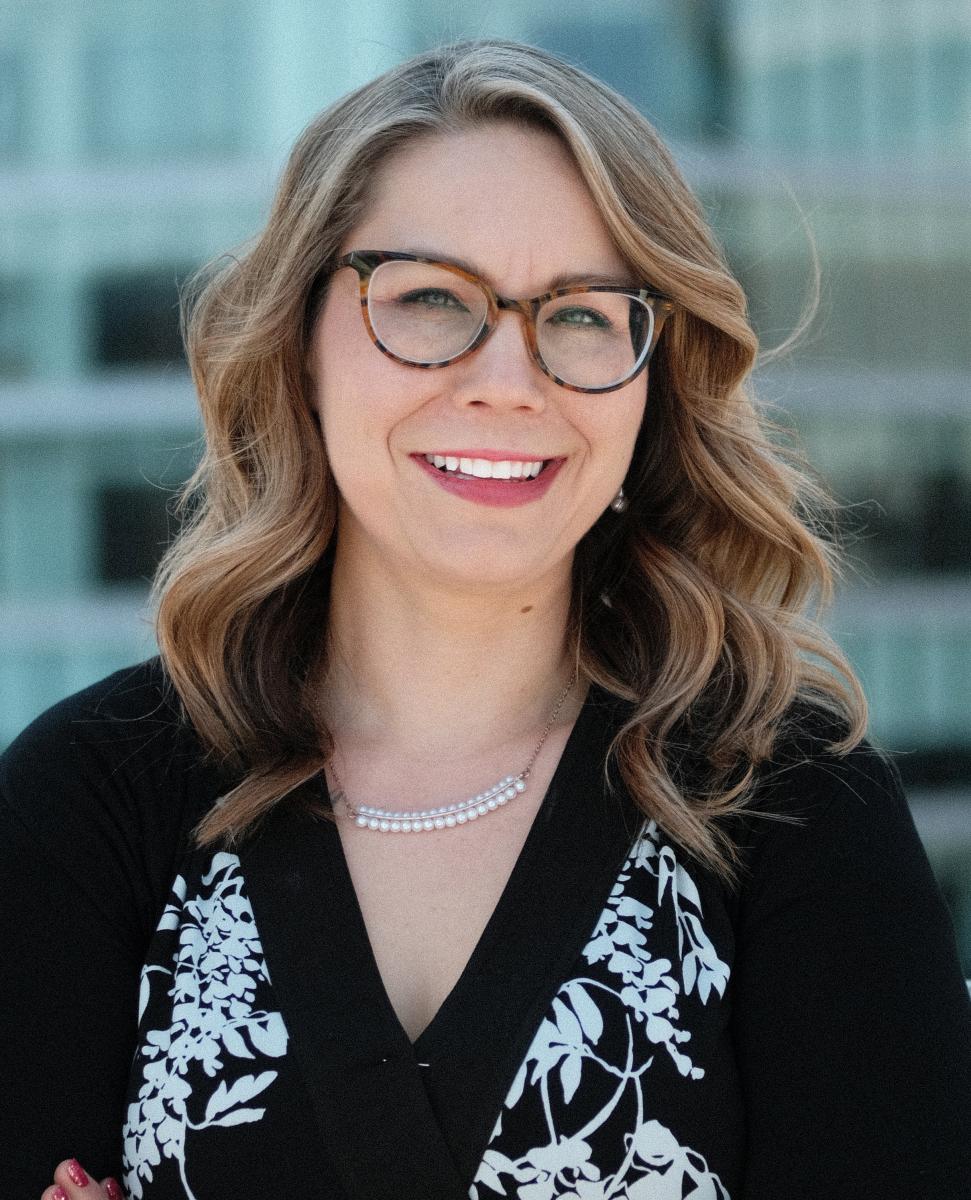
Unlike many communities in Michigan, every resident in Holland is served by one of two incumbent internet service providers. However, available speeds, network quality, and provider options negatively impacted educational outcomes, work-from-home opportunities, and overall quality of life in the area, particularly during the pandemic.
Today, Holland has taken a significant step forward by awarding a contract to develop and construct a publicly-owned open-access fiber network that will span across the entire city. Public fiber to every home in Holland by 2027 was furthered significantly by the dogged determination of an individual who sought to leave a lasting legacy of a united and well-connected community. This champion built upon the community’s history of promoting the common good while acknowledging and surmounting his own personal limitations.
Pete Hoffswell, Broadband Services Superintendent at the Holland Board of Public Works, has been a serious factor in getting Holland, Michigan, to commit to a publicly-owned, open-access, fiber network. By engaging with the community to understand the needs of residents, creating educational initiatives highlighting the advantages of dependable broadband, and prioritizing personal growth and leadership development, Pete’s efforts led to the successful approval of a millage, which funded the provision of public broadband for every household in the community.
Building Upon A Historical Vision of Public Good
Holland, located on the eastern shore of Lake Michigan, spans both Ottawa and Allegan counties. The city boasts strong Dutch heritage and leverages it for tourist attractions and festivals. Holland’s 35,000 residents are primarily caucasian and median yearly household income mirrors the state’s average at just under $64,000. According to U.S. Census data, greater than 88% of residents subscribe to broadband internet service.
While two existing providers offered residential services in Holland, residents were unsatisfied. A 2018 study conducted by the Holland Board of Public Works (HBPW) revealed that residents who did have connectivity faced issues related to reliability, cost, and limited provider options. In response to the increasing demand for connectivity due to the pandemic, the City of Holland and the HBPW embarked on a journey to explore options for expanding internet services throughout the community.
Holland has demonstrated a commitment to promoting connectivity for the betterment of the public. In the early 1990s, HBPW constructed a fiber ring to enhance communication between electric substations. Concurrently, a team of future-thinking community volunteers initiated Macatawa Freenet (MacNet), a nonprofit internet service provider (ISP), in 1994 with the support of a local grant. The City of Holland offered city hall as a host site, and 16 dial-up modems were installed that enabled residents to enjoy 30-minute sessions of dial-up internet. In the initial month, over 300 individuals seized the opportunity for free access, and by the second month, this figure surged to surpass 3,000 users.
In 2017, shared gigabit fiber was extended from the existing fiber network to businesses located in the downtown corridor. The residents of the area recognized the value of the broadband services provided by HBPW and expressed their desire to have access to similar options. To explore the feasibility of community-owned, open-access fiber, the Holland City Council established a task force in 2019. A study conducted by this task force in 2021 revealed that 70 percent of residents believed that the internet should be treated as a public utility. HBPW already provided essential services like electricity and water at competitive prices and prioritized the well-being of residents. The study showed that residents embraced the idea of treating broadband as a utility in the same manner. Additionally, 72 percent of residents stated that community-owned fiber would significantly enhance their quality of life, and 65 percent of residents agreed that a community-level investment was necessary to ensure access to every resident. In August 2022, the residents of Holland approved a broadband millage. Construction is expected to be finished within the next three years.
Holland’s Broadband Champion
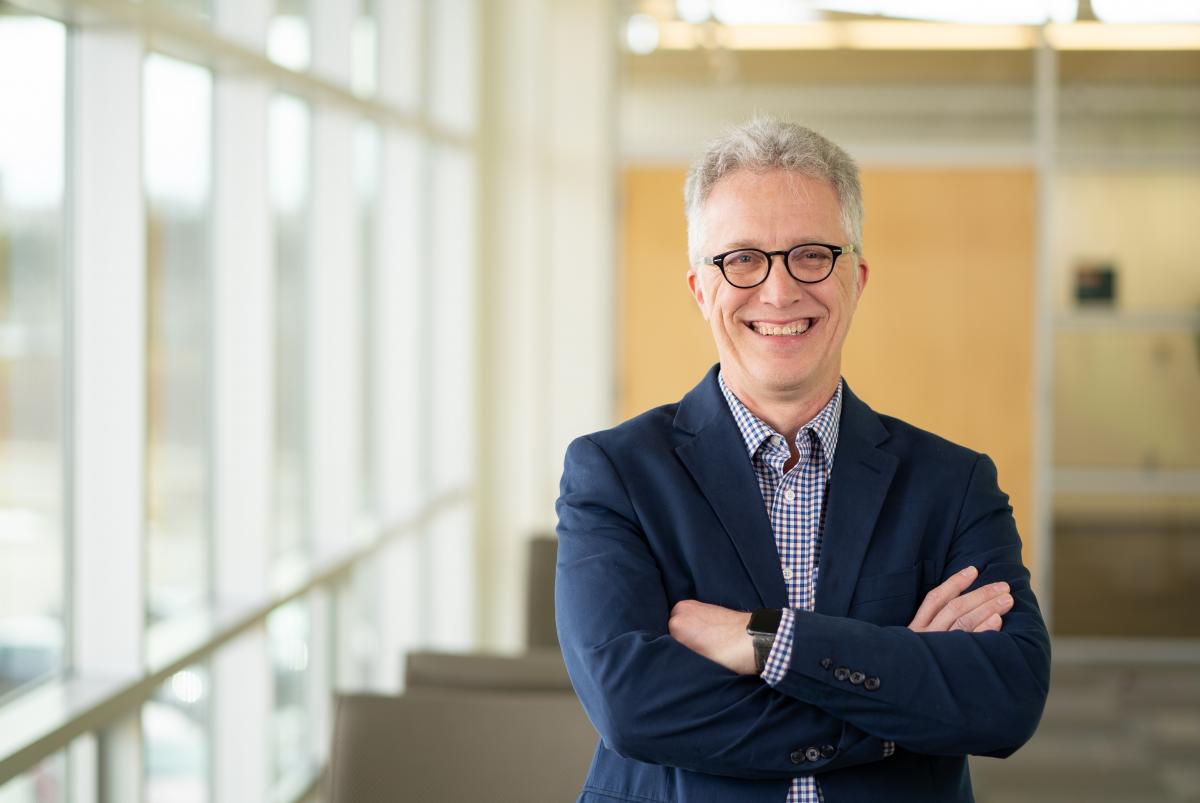
Pete Hoffswell has been a steadfast advocate for connectivity in the community for 25 years. His commitment to achieving city-wide access is a long-standing pursuit that originated from his position as a board member at MacNet in the 1990s. Initially, networking served as a technical fascination for Pete. But while working with MacNet, he came to recognize the impact his efforts had on improving people's lives. “I’m a big believer of make a living, make a life, make a difference. It was at this point in my career that I got to start making a difference.” To Pete, an online community enables people to engage and connect with humanity in ways that would otherwise be unattainable.
Pete joined Holland Fiber, the community’s broadband advocacy group, in the mid 2000s, and continually leveraged this platform to lobby HBPW to increase access in the community. HBPW recognized Pete’s dedication, hiring him in 2016 as the Broadband Services Superintendent. Pete was charged with leading a department that seeks to provide competitive, reliable, and ubiquitous internet services to improve quality of life.
Pete was well aware of the positive impact that reliable, high-speed fiber internet had on economic growth. A prime example was LG's choice to construct a billion-dollar battery plant in Holland, which was partly driven by the city's affordable electric rates and dependable broadband services for businesses. Pete expressed his desire for all residents to prosper by having access to necessary resources and the best possible connectivity, aiming to make the town the most attractive in the state or even the country. Unfortunately, frequent service outages and insufficient speeds were hindering this progress. Pete was determined to improve access and reliability in Holland. However, he encountered both internal and external challenges while building upon previous efforts to address the issue.
Pivotal Moments of Challenge and Triumphs
HBPW and the City of Holland frequently leverage community engagement and two-way feedback to better understand residents’ perspectives on regional issues. So, communication with residents and city officials was a critical first step. Pete coordinated community outreach and interaction via the broadband task force, using methods like listening tours and surveys, including the one conducted in 2021. These efforts were geared towards comprehending the issues the residents faced—affordability and provider choices, for instance. Communicating the feedback from the residents to the HBPW was key in helping both the HBPW and the City Council understand the public's interest in a community-owned fiber network, and, subsequently, formulate an appealing value proposition for the residents.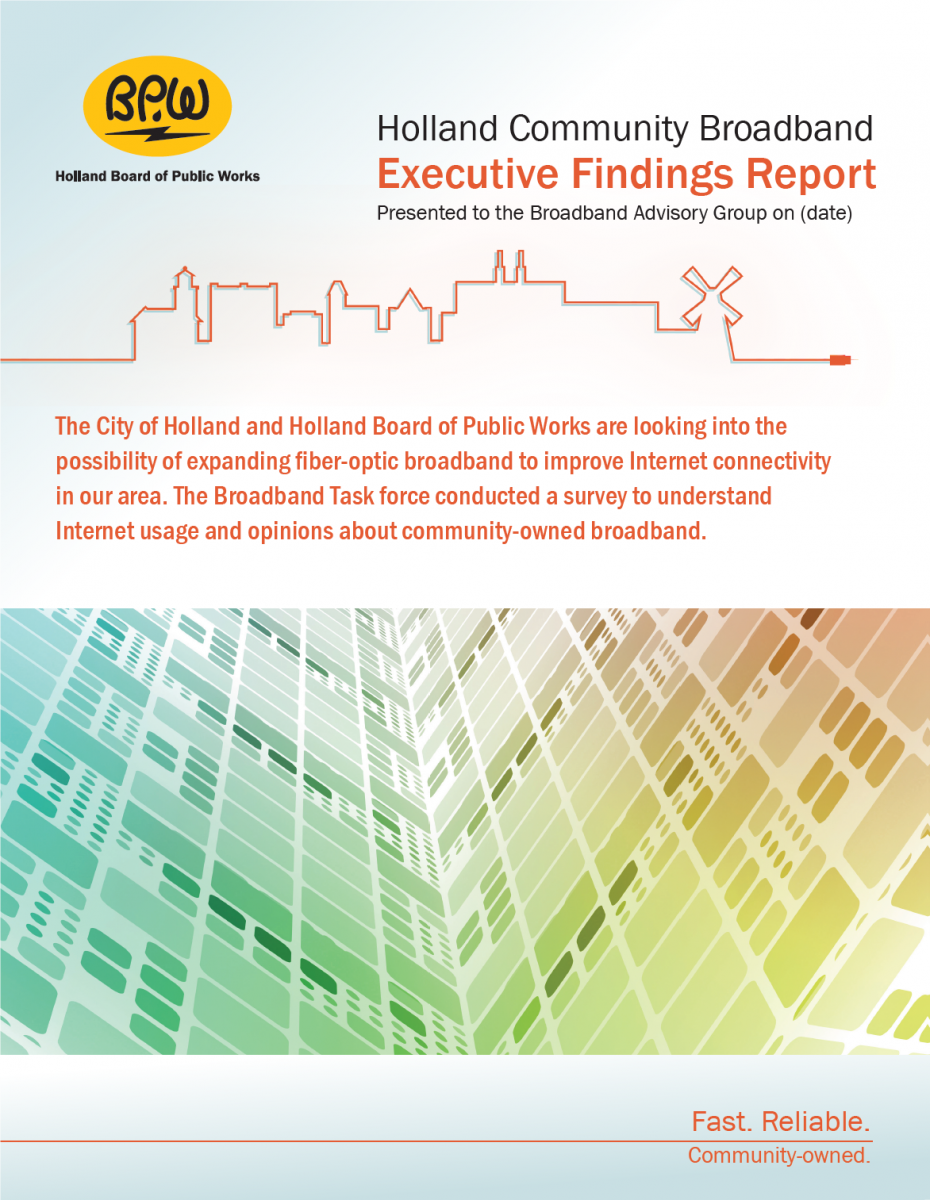
Financially cautious, HPW was meticulous in its decisionmaking to support the ubiquitous construction of fiber throughout the city. HBPW agreed to build and operate an open-access network if residents demonstrated their commitment by voting for a small tax increase through a millage that would pay for the bonds to finance construction. This would create a financing model that introduced less risk to the HBPW and the City of Holland. A millage is structured in a way that individual tax expenses are determined by the taxable value of each home. As an example, an owner of a $200,000 home in this millage could anticipate a monthly tax increase of $12.50 over a 25-year period to fund the construction of the infrastructure. A pro forma developed by HBPW’s city manager and owner’s engineer estimated residents' monthly internet service charges would be approximately $45.
Community education was a critical next step that required a collective effort by Holland’s broadband advocates. Pete initiated the Holland City Fiber program under the umbrella of HBPW. This program aimed to provide residents with a comprehensive understanding of broadband, the advantages of fiber technology, and the implications of the proposed millage. Educational materials included websites, fliers, brochures, community meetings, webinars, and videos. An FAQ helped residents understand why Holland was pursuing a community-owned network, how long the investment would last, and the benefits of operating a broadband utility, among others. The goal was to empower residents with knowledge, enabling them to make informed decisions regarding the future of broadband in Holland.
Pete’s ability to explain the intricacies and benefits of shared infrastructure and the rationale of public ownership was fundamental to this community education initiative. “Pete is the kind of person that can help you understand how the watch is made, not just what time it is.” said Dean Whittaker, a member of the Holland Fiber advocacy group.
However, as the millage vote approached, incumbent ISPs recognized the threat that publicly-owned fiber construction posed to their business interests. In response, they invested significant amounts of money in political advertisements to sway public opinion against the “internet tax” for construction of a publicly-owned fiber network. To counter this well-funded marketing campaign, the Holland Fiber Yes Committee was organized by the Holland Fiber grassroots group that Pete was formerly an active member of. This committee advocated for the passage of the millage and publicly countered the arguments put forth by the incumbent ISPs. They worked to educate residents in ways that the HBPW and Holland City Fiber program alone could not achieve—for example, through op-eds, yard signs, blog posts, and articles directly addressing misinformation campaigns. In August 2022, the millage passed with a vote of 51.2% in favor. While many voters were satisfied with the provider options and choices available at their homes, a close majority favored public investment to create more broadband options. Pete attributes his ability to communicate a consistent vision that’s reflective of the community’s desires and inspires consensus to the success of the millage.
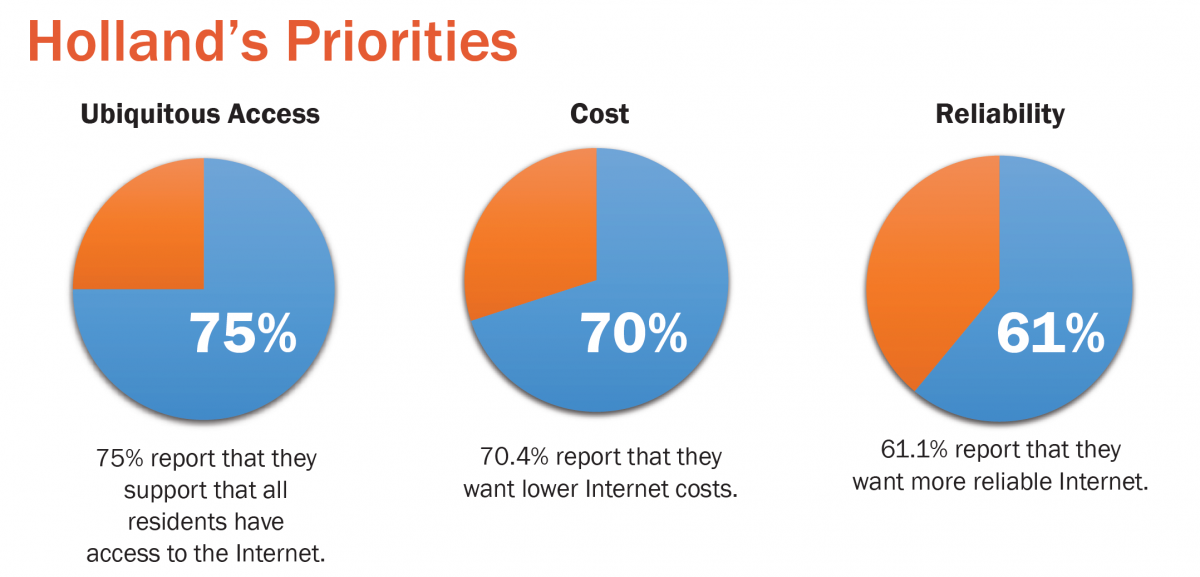
While Pete attributes much of his success to qualities such as passion and tenacity, certain personal obstacles were hindering the realization of his vision for improved access in the community. He calls this his "cowboy mode," when his commitment to his own point of view could lead him to disregard others' perspectives and act independently. While sometimes this approach worked for him, it often also hindered his progress.
"That's gotten me burned many times," Pete conceded.
He set out to address this shortcoming and became the leader his community needed. Pete enrolled in a year-long leadership program, aiming to enhance his conflict management and public speaking, and to learn strategic methods of inspiring strong teams in order to systematically overcome hurdles standing between himself and his vision. “You can’t be a leader if you have passion without skill.”
Personal Developments
Pete firmly believes that effective leadership played a vital role in bringing about significant change in Holland. From the early days of MacNet to the city's ability to fulfill its own needs through public infrastructure, and even in the initial aspirations for open access, the progress in Holland depended on individuals willing to guide and nurture these endeavors.
Pete expressed his aspiration for leaving a lasting impact on his town, considering it as his legacy. “My legacy is going to be my town. When I look back at the people that I want to emulate, it’s the ones who have given back to the city to make it a better place. Our town is awesome because people made it that way. I want to be one of those people.” he said.
According to Pete, understanding his "why," developing a clear vision, and removing obstacles are the key success factors in his ability to educate, communicate, and inspire action in Holland. Construction of Holland City Fiber is slated to begin this fall and will be complete within the next three years. Advanced recruitment of customers for the community-owned network will commence this spring. Pete remains committed to the growth of his team at HBPW and personal leadership development in the coming years in order to execute their vision of providing affordable, reliable access to empower citizens, enhance business, and facilitate educational opportunities throughout the community.
Dr. Pierrette Renee Dagg, Ph.D is a Benton Institute Digital Opportunity Fund Fellow, the Director of Technology Impact Research at Merit Network. The aim of her work is to bridge the gap between academic scholarship and practical application to advance issues of technology understanding and information equity.
The Benton Institute for Broadband & Society is a non-profit organization dedicated to ensuring that all people in the U.S. have access to competitive, High-Performance Broadband regardless of where they live or who they are. We believe communication policy - rooted in the values of access, equity, and diversity - has the power to deliver new opportunities and strengthen communities.
© Benton Institute for Broadband & Society 2023. Redistribution of this email publication - both internally and externally - is encouraged if it includes this copyright statement.
For subscribe/unsubscribe info, please email headlinesATbentonDOTorg






